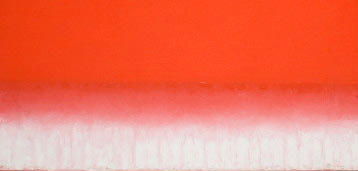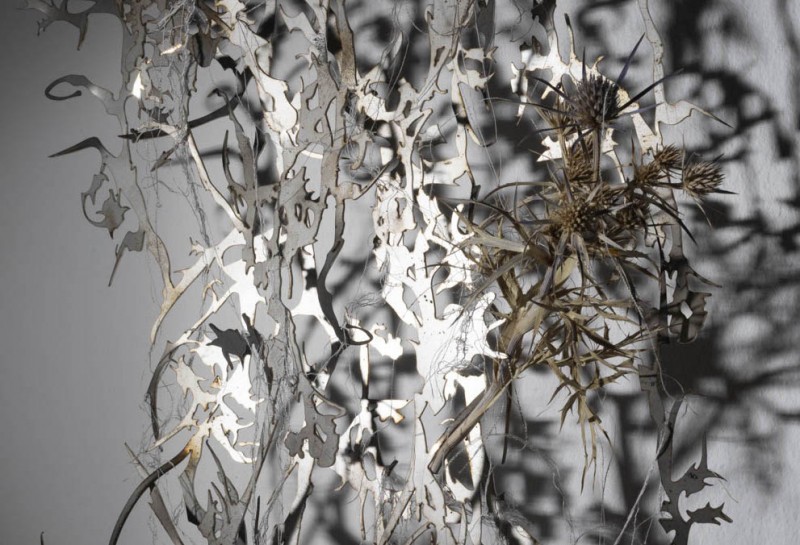To feel, to name, to see
On the complex relationship of art, knowledge and future scenarios
Zachęta / exhibition space
free entry
participants: Joanna Erbel, Sebastian Cichocki, Philipp Kleinmichel
conducting: Aleksandra Skowronska
Art actively engages in public debate - it is an indispensable part of it. At the same time, it makes it possible to confront different visions of how we understand public space. It also offers the possibility to influence the imagination and perceptions of audiences - on an individual and collective level - and to construct scenarios for a potential future understood, after Timothy Morton, as "the present stretched out in time." When academic centers lose their social and culture-creating potential, transforming into isolated quasi-corporate enterprises, cultural, educational and knowledge-creating roles are taken over by cultural institutions. Thus, it is here - even more strongly - that the performative power of art - provoking changes in the actions of both individuals and communities - perceived by Barbara Bolt, has a chance to be realized today.
Such performative - that is, causal - function of art can be fulfilled especially within the framework of production and distribution of knowledge: both the historical one, as well as - which will be the subject of the discussion - constructed around the most current, pressing and directly affecting issues: from multiple crises, transformation of the Anthropocene era, transformation of social structures, through the changing role of science and communication, to technological acceleration.
We will approach the themes marked above from at least two perspectives - we will look at the topic of knowledge production and distribution, and the vision of the future created by artistic, curatorial and institutional practices. On the other hand, we will reflect together on the the not (yet) sufficiently recognized potential of art. As Joanna Erbel points out, it is capable of acquainting its audience with holistic experiences that cannot be named (because there is no proper nomenclature for them yet), but can be felt.
Philipp Kleinmichel — research associate at the Chair of Art Theory and Curatorial Studies at Zeppelin University, Friedrichshafen. He is currently working on a book on the transformation and self-preservation of Western culture. Kleinmichel studied philosophy, art and media theory in Freiburg, Karlsruhe and New York and has held teaching positions at the Berlin University of the Arts, the Institute for Applied Theater Studies at the University of Giessen, and the University of Hamburg, among others. His publications on central aspects of the political-economic, technological, and aesthetic forces of cultural transformation include Im Namen der Kunst. Eine Genealogie der politischen Ästhetik (2014), The Symbolic Excess of Art Activism (2019), or The Cultural Currency of Semiocapitalism: On the General Law of Exchange (2022).
Sebastian Cichocki — chief curator at the Museum of Modern Art in Warsaw. He curated EVA International - Ireland's Biennial of Contemporary Art in 2023 and the Polish pavilion at the Gwangju Biennale. He is a member of the Office of Post Artistic Services. He is interested in propaganda in 21st century art, and deals with artistic practices that enter into relations with climate activism, radical education and agriculture.
Dr. Joanna Erbel — sociologist, expert on housing and building urban resilience. Member of the Board of Directors of PLZ Cooperatives. Director of protopia at CoopTech Hub, the first cooperative technology center in Poland. Member of the Board of the Rental Market Foundation. Co-author of the CTH reports - Academy of Urban Resilience (2024), Cooperative Urban Farm as a tool for the development of the urban food zone and agroecology (2023) and Cooperative Equal Circles (2023), Urban Resilience Package (2022) and Cooperative Transformation et al Author of the books Beyond Ownership. Toward a Successful Housing Policy (2020), Leaning into the Future. How to Change the World for the Better (2022), and the foresight novel How Henry Gained Power (2023). She is a fellow of the A/typika Foundation, which works to foster neurocultural development. In 2024, she defended her doctorate at the Department of Sociology, titled. "Non-human actors of urban transformation. Art projects and the transformation of Warsaw's urban space in the first decade of the 21st century"

